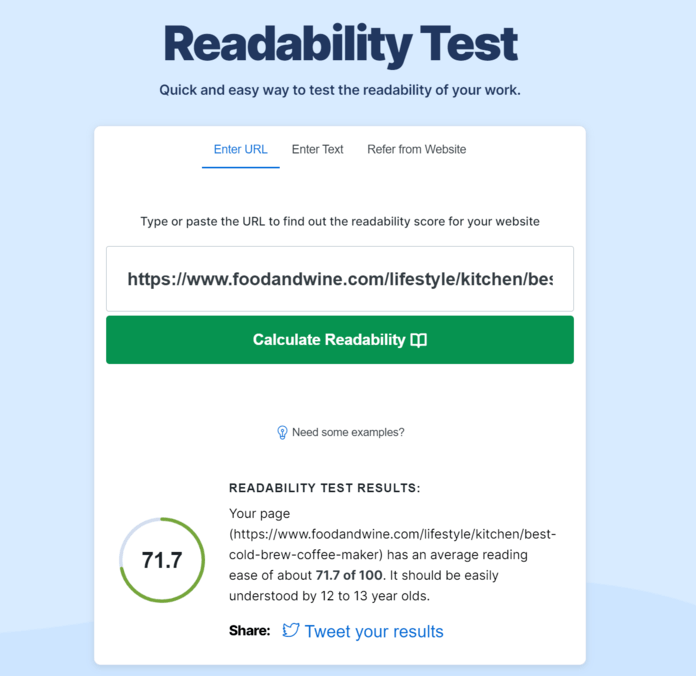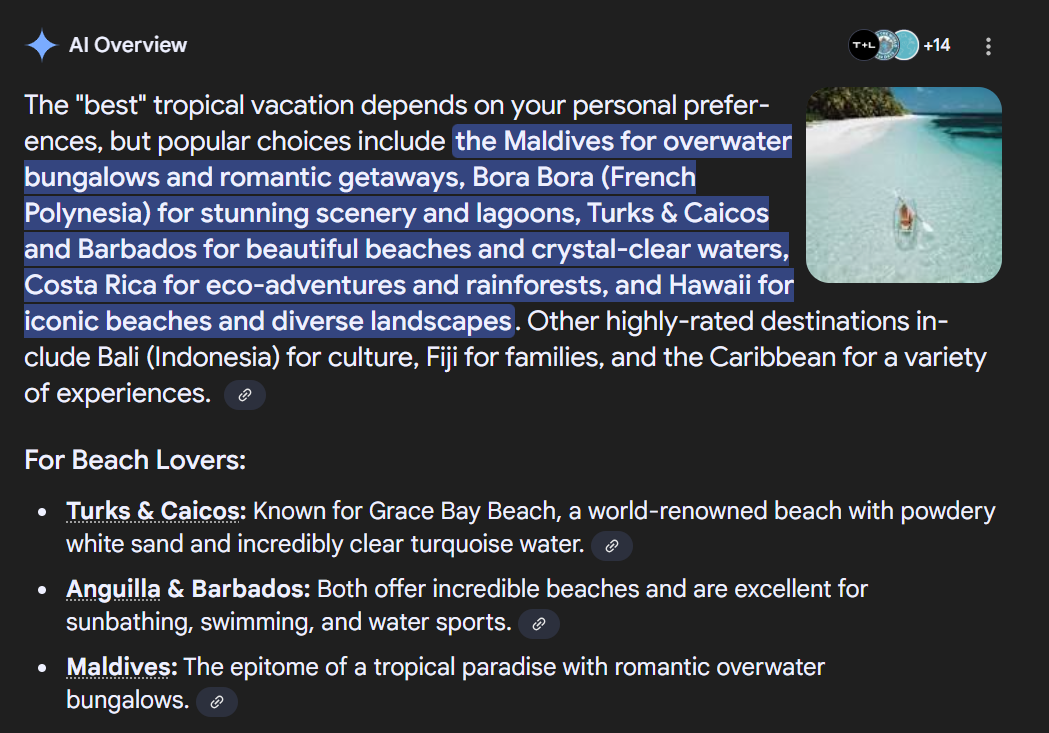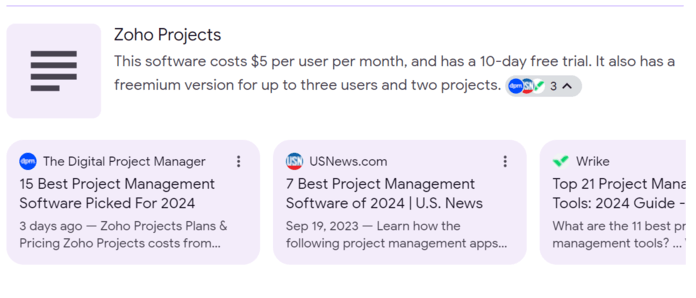- What are AI Overviews and how do they impact SEO? AI Overviews are AI-powered snapshots that appear at the top of Google search results, providing direct answers to user queries and resulting in 59% of searches ending in zero-click, which decreases website traffic, leads, and revenue.
- Which industries are most affected by AI Overviews? Pets & animals, travel, crafts & DIY, mental health, and personal finance industries see AI Overviews most frequently, with informational queries showing AI Overviews 38.7% of the time compared to just 11.4% for navigational queries.
- How can businesses improve their chances of appearing in AI Overviews? Businesses should enhance E-E-A-T (Experience, Expertise, Authority, Trust) by incorporating cited sources, statistics from reputable sources, and authoritative language, which studies show can improve rankings by 89-134% in generative search engines.
- Why is structured data critical for AI Overviews optimization? Schema markup provides large language models (LLMs) with essential context about content and businesses, helping AI-powered snapshots better understand and potentially feature your website through product markup, LocalBusiness markup, Organization markup, and FAQ markup.
- What multimedia strategies help combat AI Overviews’ traffic impact? Creating custom images, videos, and audio content gives Google’s multi-modal models more elements to work with, increasing the chances of appearing in AI-powered results when helpful graphics or videos directly answer user queries.
Google is famous for its graveyard of abandoned projects, but AI Overviews hasn’t joined that list. Instead, it launched May 14, 2024 and began its predicted impact on organic performance. Namely, AI Overviews impact:
- Visibility
- Traffic
- Conversions
- Revenue
So, what can you do about it? Learn more about how AI Overviews affects SEO and how to respond now!
- How Do AI Overviews Currently Affect SEO?
- How Much Will AI Overviews Affect SEO in the Future?
- Who Will AI Overviews Affect the Most?
- How to Evaluate Your Traffic Risk
- How to Respond to AI Overviews
How do AI Overviews currently affect SEO?
AI Overviews undoubtedly impact SEO performance. Since these Overviews appear at the top of search results and provide the answer to a user’s query, fewer people click-through to websites when the Overviews appear in informational queries. In fact, 59% of searches end in zero-click.
That means less people visiting your website, which can lead to fewer leads and less revenue.
That is, if you don’t have a plan to combat the lost clicks and traffic.
Here are the four core aspects of AI Overviews that ultimately impact businesses’ search strategy:
- Function: Google designed AI Overviews to answer a user’s search intent while providing the means (and encouragement) for users to continue their journey from within, with the addition of AI Mode at the end of the AI Overviews. This design aligns with Google’s evolution from a search engine to an answer engine and illustrates how AI is fundamentally reshaping search and discovery.
- Placement: With AI Overviews, the AI-powered snapshot appears at the top of search results —before organic search results and sometimes before paid listings. This placement gives AI Overviews maximum visibility while downgrading the top organic search results.
- Monetization: Growth is Google’s — and its shareholders’ — goal. Paid ads serve as the company’s biggest revenue source, and with AI Overviews, the company has a new avenue for generating revenue: AI Overview ads. As Google explores new advertising avenues, it’s also worth considering the potential for advertising on other AI platforms, like ChatGPT advertising.
- Appearance: AI Overviews appear across searches, from informational to transactional. On average, these snapshots have a height of 1764 pixels, which moves organic listings down more than 140%.
Search engine optimization success depends on visibility. Even for sites ranking #1, AI Overviews decrease organic visibility so significantly that it often requires scrolling halfway down the search results to view the first organic listing.

Grow Your Visibility Beyond Google
Capture leads and traffic from emerging search platforms like ChatGPT, Perplexity, and Google AI.

How much will AI Overviews affect SEO in the future?
How much AI Overviews affect SEO long-term depends on a few factors:
- Snapshot: Multiple AI-powered snapshots exist, from product listings to text-based summaries. The usefulness of those snapshots will shape whether users engage with AI Overviews or move to the organic search results.
- Industry: Publishers expect the big impacts from AI Overviews, with some publishers expecting a 20 to 60% decrease in organic search traffic. Sectors in the “Your Money, Your Life” (YMYL) sphere, like finance, insurance, and health, could see less of an impact from AI-powered snapshots.
- Target audience: Since launch, Google has shared that younger demographics (18-24 year olds) have responded well to AI-generated results, which could indicate higher adoption rates among younger vs. older users.
- User adoption: AI Overviews’ success (and impact) depends on user adoption, which requires Google to overcome AI challenges like hallucinations and how people decide to use these AI-powered snapshots.
Remember that Google is still testing and evolving AI Overviews.
Who will AI Overviews affect the most?
AI Overviews will affect all websites, but some will see greater impacts than others.
We conducted a study on 2.37 million keywords that showed the following industries see AI Overviews the most (and therefore are most affected):
- Pets & animals
- Travel
- Crafts & DIY
- Mental health
- Personal finance
Additionally, the type of keywords impacts whether AI Overviews appear or not. Here’s the breakdown of each query type and how likely AI Overviews are to appear:
| Search intent | AI Overview appearance rate |
| Informational | 38.7% |
| Commercial | 21.3% |
| Transactional | 15.8% |
| Navigational | 11.4% |
So, industries that rely heavily on sharing helpful information to drive leads will see the greatest impact from AI Overviews.
How to evaluate your traffic risk
Evaluating how AI Overviews will affect your SEO efforts requires research within Google Search Console, Google Analytics 4, and AI Overviews. You can manually track this information using a Google Sheet, or you can opt to use a paid tool like OmniSEO® to help you see the impact of AI Overviews.
How to respond to AI Overviews
AI Overviews aren’t going anywhere, and they aren’t going to stop making an impact on your business. Here’s what you can do to manage the impact of AI Overviews:
1. Manage leadership’s expectations
First, reset leadership’s expectations for SEO’s performance.
Google’s AI Overviews will affect organic traffic — how much depends on your site’s risk levels, SEO optimizations, and user behavior. You must ensure leadership understands that traffic will likely decline and affect other critical metrics, like organic revenue.
Consider setting new performance benchmarks to help here. You should also outline how the team is responding to this shift (see the tips below for how to respond to AI Overviews’ search engine optimization impact).
2. Improve E-E-A-T
AI Overviews are “rooted” in Google’s “core Search ranking and quality systems,” which include the Helpful content system. If you’re familiar with the helpful content system, it ties into E-E-A-T. So, what is E-E-A-T? It emphasizes the importance of:
- Expertise
- Experience
- Authority
- Trust
A recent study into generative search engines (like AI Overviews) confirmed the impact of E-E-A-T:
- Authoritative adjustments to content improved rankings 89% in one example
- Trust adjustments to content improved rankings 134% in one example
Bring more E-E-A-T to your content by:
- Infusing content with cited sources
- Including statistics from reputable sources
- Using authoritative language
For example, if writing a restaurant review, include your opinion, plus data-backed information, like the number of reviews for the restaurant and the average user rating about the past six months. This data can build your content’s authority and user trust.
3. Make content easy to read
Researchers also found in their generative search engine experiments that easier-to-read content ranked better in generative engines. Improving readability is a quick win, and a tool like WebFX’s Readability Test Tool can help you get started.

4. Embrace structured data
Structured data is critical to AI Overviews. That’s because schema markup provides the large language models (LLMs) powering AI-powered snapshots with more context about your content and business.
Get started with structured data with markup options like:
- Product markup
- LocalBusiness markup
- Organization markup
- FAQ markup
Check out our schema markup guide for how to generate and add structured data.
5. Enhance content with multimedia
Google uses multi-modal models in AI Overviews. A multi-modal model understands more than text — it can also understand images, videos, and voice. Give these models more to work with by creating custom images, videos, and audio that can appear in AI-powered results.

Adding these visual elements to your pages can be the reason why you appear in Overviews. For example, if you have a graphic showing the steps on how to find a travel agent, your image may get pulled in the results because it’s helpful.
Or, if you have a video explaining how travel insurance works, and you put it on your page about understanding travel insurance, that may get pulled into the AI Overviews if someone searches your targeted term.
Overall, incorporating helpful graphics, images, and videos can help you appear in more AI Overviews.
6. Acquire third-party mentions
Third-party mentions provide another chance to appear in AI-generated results. That’s because Google can use these sites to generate AI Overviews (“what are the best XYZ apps?”), which could feature your brand’s name and trigger users to search for your brand.

Getting these mentions is similar to acquiring backlinks. With outreach, plus a compelling brand and offer, it’s possible to get third-party publishers to review or feature your brand. In some cases — like a directory site — you’ll need to pay for a listing.
7. Supercharge search intent
AI Overviews aim to provide users with everything they need to understand a topic — like a supercharged featured snippet. That’s why SEOs recommend supercharging SEO content by targeting:
- Suggested follow-up questions
- People Also Ask
- Common questions on forum threads
While these are effective strategies, it’s important to consider your target audience. Focus on reaching that audience by asking the questions they’re most likely to ask, which you can find by reading online reviews and speaking to departments like sales and customer support.
Offset AI Overviews impact on SEO
Yes, AI Overviews impact SEO, but there are steps SEOs can take now to offset its impact. Get started with the above resources and tips, or receive professional assistance with our AI Overview optimization services — powered by the award-winning team behind SEO.com, WebFX.

Keep Up With The Changing Landscape of SEO
Join our newsletter to receive practical tips and expert advice to help you improve your website’s visibility.



Future-Proof Your SEO Strategy with OmniSEO®
Goodbye search engine optimization, hello search everywhere optimization.

Future-Proof Your SEO Strategy with OmniSEO®
Goodbye search engine optimization, hello search everywhere optimization.
What to read next
- Feb 03, 2026
- 3 min. read



